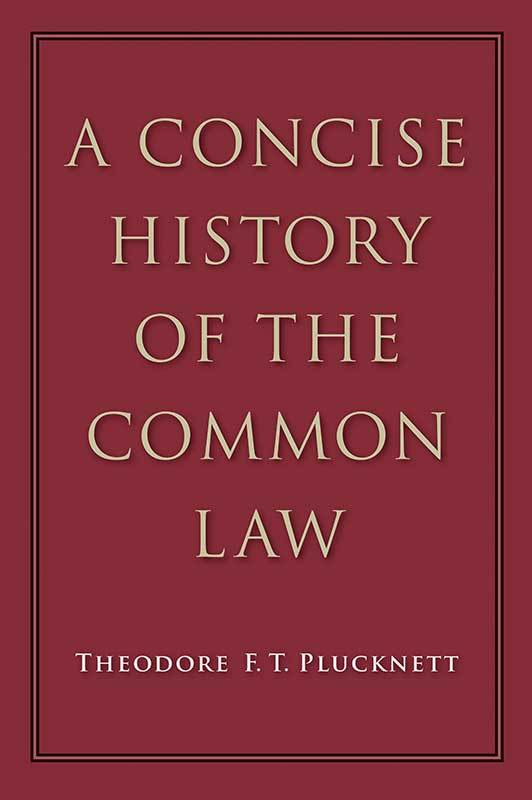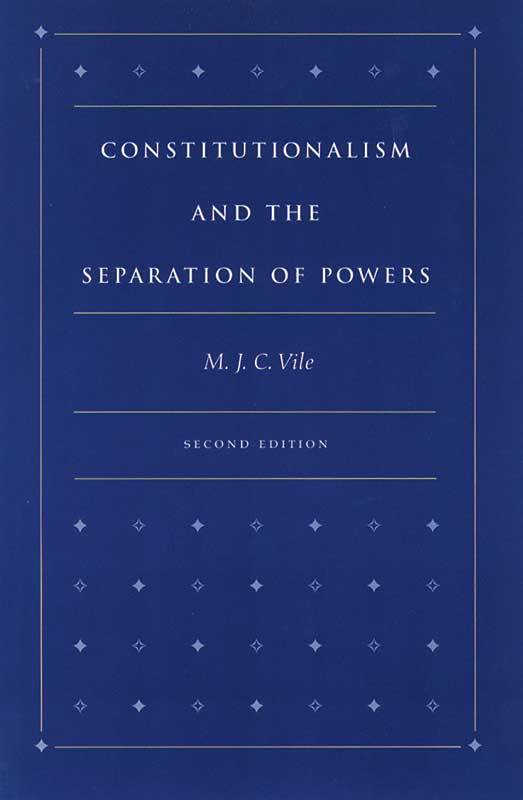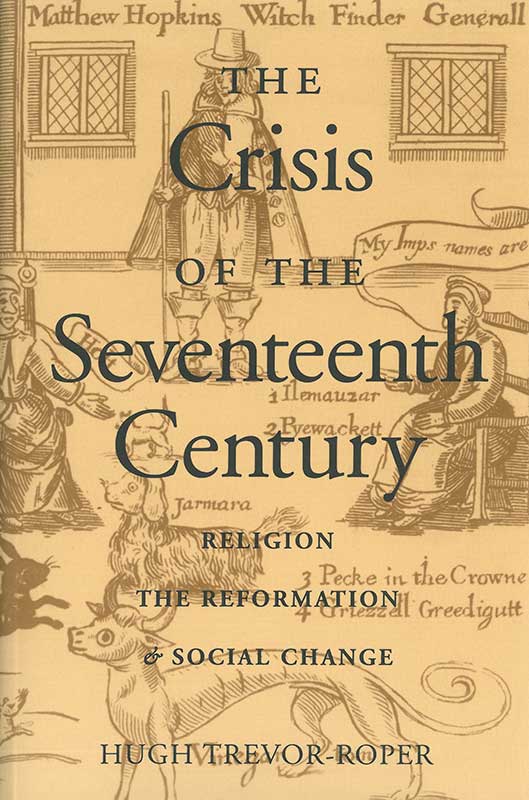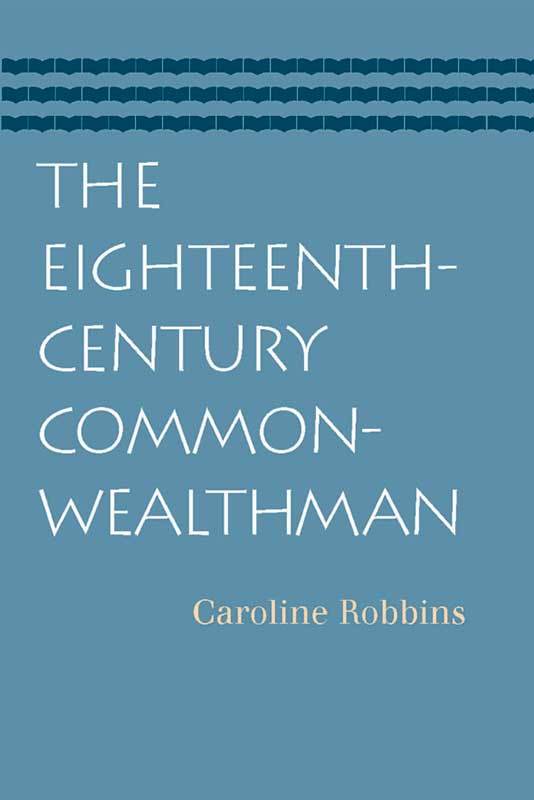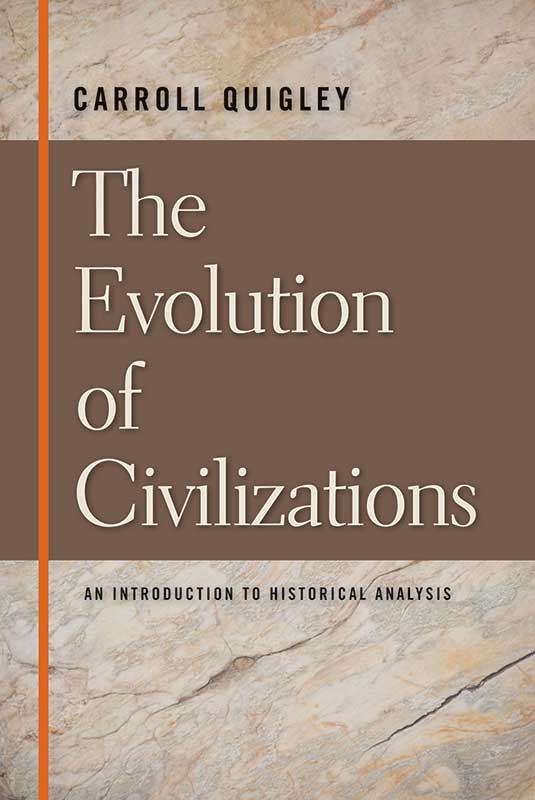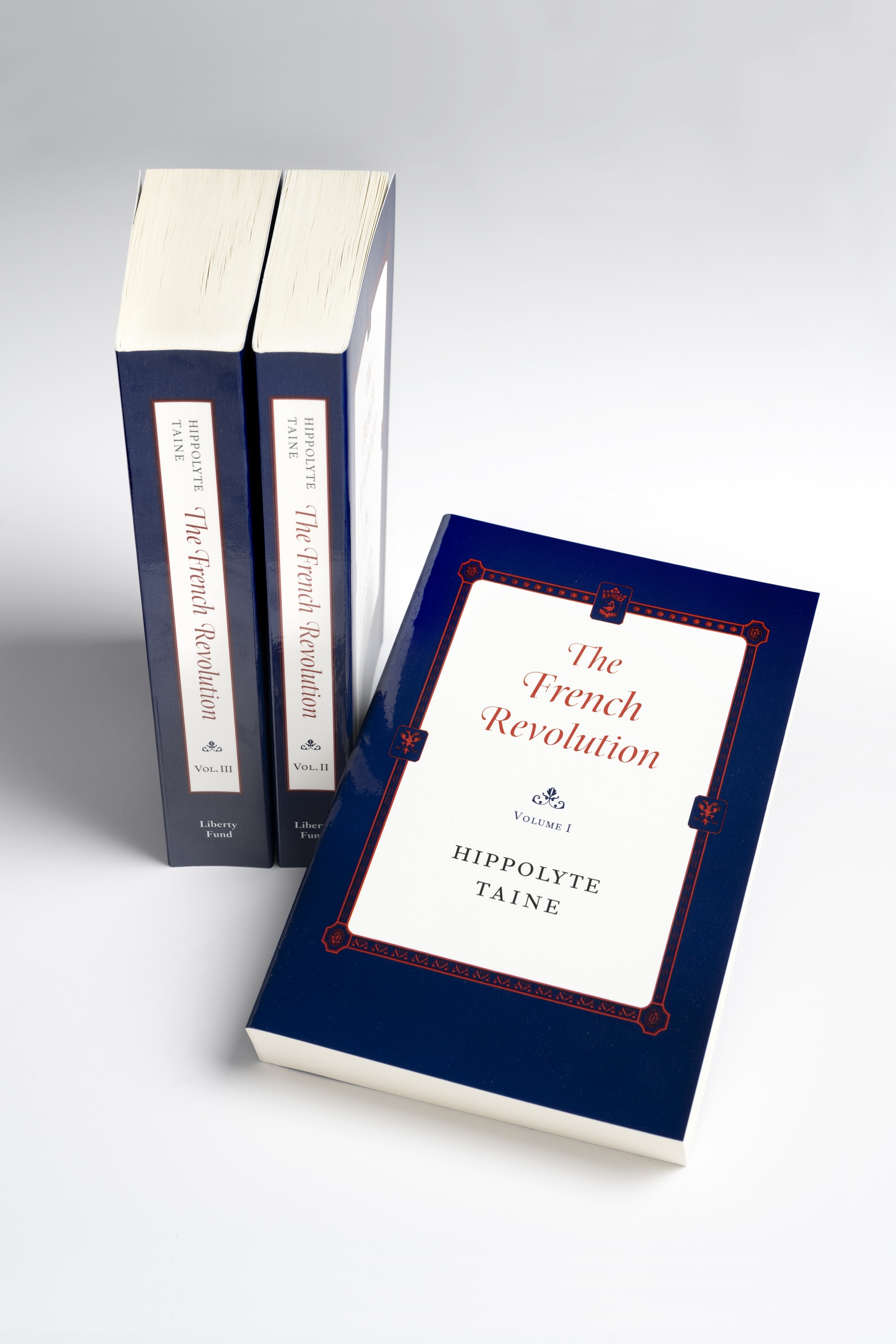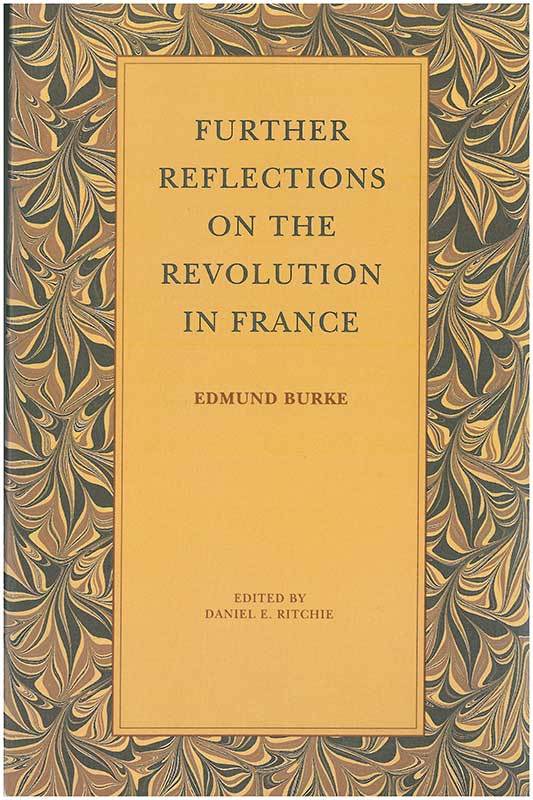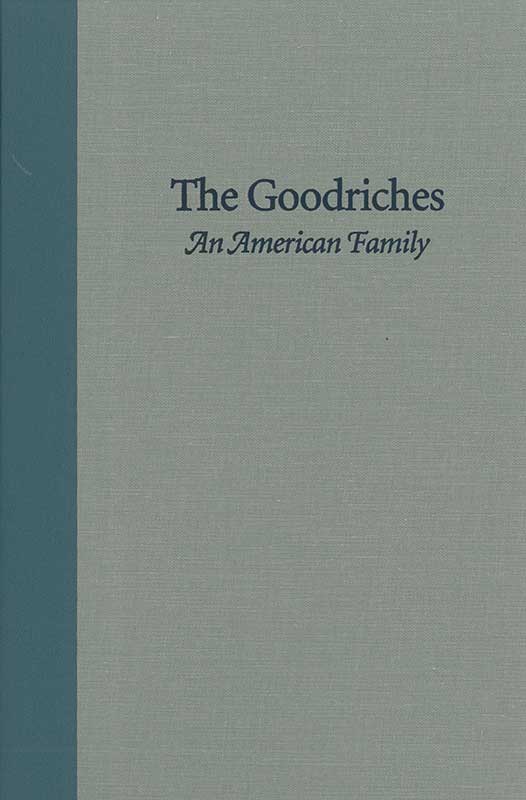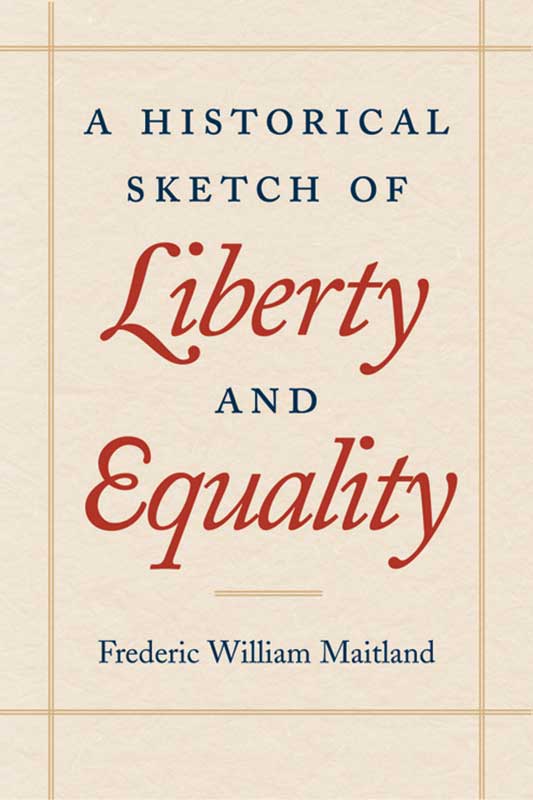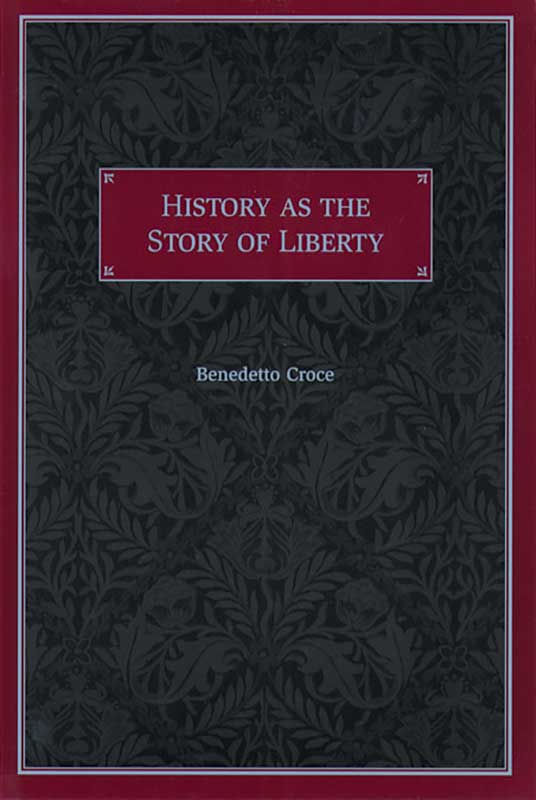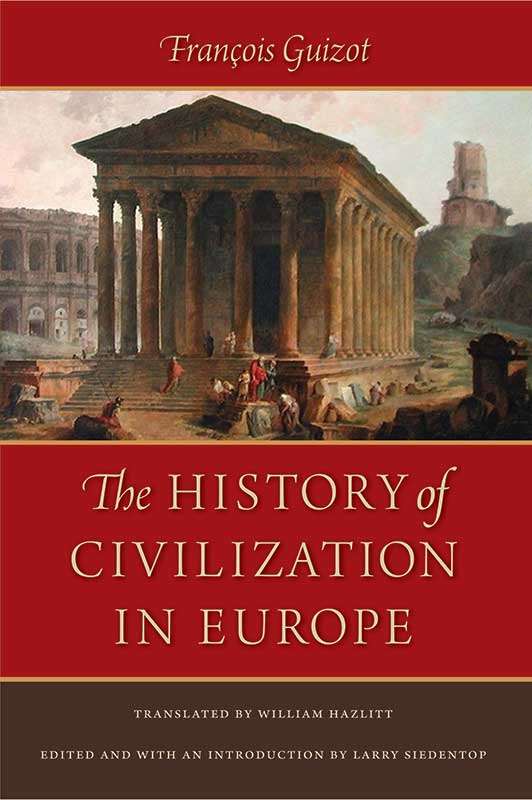History
Liberty Fund's history collection opens windows into history, and into the history of writing about history. Whether it is David Hume's eighteenth-century account of English history stretching from Julius Caesar to the Glorious Revolution or Edmund Burke's analysis of the American and French Revolutions as he watched them unfold, our books encourage readers to reflect on the events of history and the ways we discuss those events over time.
Download Catalog-
-
A Concise History of the Common Law
by Theodore F. T. Plucknett
/ Learn MoreAs always during its long history, English common law, upon which American law is based, has had to defend itself against the challenge of civil law?s clarity and traditions. That challenge to our common-law heritage remains today. To that end, Liberty Fund now makes available a clear and candid discussion of common law. A Concise History of the Common Law…
-
Constitutionalism and the Separation of Powers
by M. J. C. Vile
/ Learn MoreIn Constitutionalism and the Separation of Powers, M. J. C. Vile traces the history of the doctrine from its rise during the English Civil War, through its development in the eighteenth century—through subsequent political thought and constitution-making in Britain, France, and the United States. M. J. C. Vile is Professor Emeritus of Political Science at the University of Kent at…
-
The Crisis of the Seventeenth Century
by Hugh Trevor-Roper
/ Learn MoreThe Crisis of the Seventeenth Century collects nine essays by Trevor-Roper on the themes of religion, the Reformation, and social change. In his longest essay, “The European Witch-craze of the Sixteenth and Seventeenth Centuries,” Trevor-Roper points out that “in England the most active phase of witch-hunting coincided with times of Puritan pressure—the reign of Queen Elizabeth and the period of…
-
The Eighteenth-Century Commonwealthman
by Caroline Robbins
/ Learn MoreIn this volume, Caroline Robbins adeptly presents a history of the Commonwealthmen, “a gifted and active minority of the population of the British Isles, who kept alive, during an age of extraordinary complacency and legislative inactivity, a demand for increased liberty of conscience.” Caroline Robbins (1903–1999) taught history at Bryn Mawr College from 1929 to 1971 and was chairman of…
-
The Evolution of Civilizations
by Carroll Quigley
/ Learn MoreCarroll Quigley was a legendary teacher at the Georgetown School of Foreign Service. His course on the history of civilization was extraordinary in its scope and in its impact on students. Like the course, The Evolution of Civilizations is a comprehensive and perceptive look at the factors behind the rise and fall of civilizations. Quigley examines the application of scientific…
-
The French Revolution
by Hippolyte Taine
/ Learn MoreHippolyte Taine’s The French Revolution, which is written from the viewpoint of conservative French opinion, is a unique and important contribution to revolutionary historiography. Taine condemns the radicals of the French Revolution, unhesitatingly contradicting the rosy, Rousseauesque view of the Revolution.Taine approached the Revolution in the same way that a medical doctor approaches a disease. Indeed, he described his work…
-
Further Reflections on the Revolution in France
by Edmund Burke
/ Learn MoreIn his famous Reflections on the Revolution in France (1790), Edmund Burke excoriated French revolutionary leaders for recklessly destroying France’s venerable institutions and way of life. But his war against the French intelligentsia did not end there, and Burke continued to take pen in hand against the Jacobins until his death in 1797. This collection brings together for the first…
-
Goodriches: An American Family, The
by Dane Starbuck
/ Learn MoreWhen local author Dane Starbuck set out several years ago to write the biography of Pierre Goodrich, scion of one of Indiana’s most prominent twentieth-century families, he soon discovered that it was impossible to really understand Pierre Goodrich without also closely examining his family. Starbuck’s years of research culminated in The Goodriches: An American Family, now available from Liberty Fund.
-
A Historical Sketch of Liberty and Equality
by Frederic William Maitland
/ Learn MoreA Historical Sketch of Liberty and Equality is a window to one of the most important historians of all time. This exclusive Liberty Fund edition of F. W. Maitland’s classic includes a note on Maitland by Charles Haskins, and a general account of Maitland’s life and work, “The Historical Spirit Incarnate: Frederic William Maitland,” by Robert Schuyler. A historian’s historian,…
-
History as the Story of Liberty
by Benedetto Croce
/ Learn MoreBenedetto Croce (1866–1952), who is perhaps best known as the author in 1902 of Aesthetics, wrote History as the Story of Liberty in 1938, when the Western world had succumbed to the notion that history is a creature of blind force. A reviewer at the time noted the importance of Croce’s belief that “the central trend in the evolution of…
-
The History of Civilization in Europe
by François Guizot
/ Learn MoreOriginally given as a series of lectures at the Sorbonne, François Guizot’s History of Civilization in Europe was published to great acclaim in 1828 and is now regarded as a classic in modern historical research. History was particularly influential on Karl Marx, John Stuart Mill, and Alexis de Tocqueville. Tocqueville, in fact, requested that a copy of History be sent…
60% OFF YOUR ENTIRE BOOK PURCHASE
Save up to 60% and get free shipping as part of our Holiday Sale. Visit our Promotions Page to learn more!
Offer expires January 31, 2026


